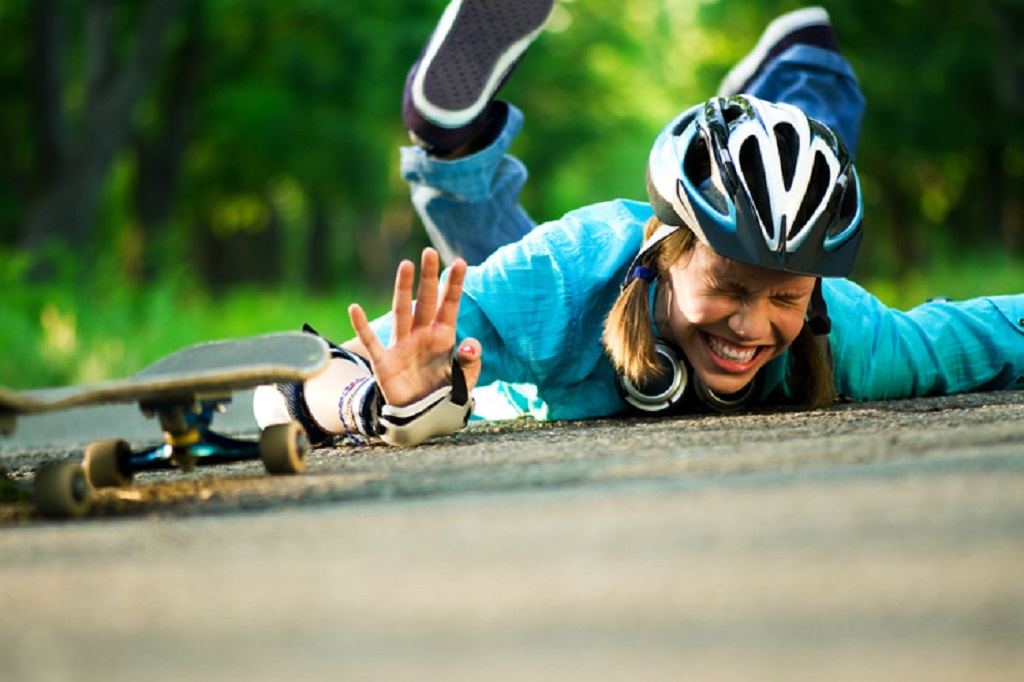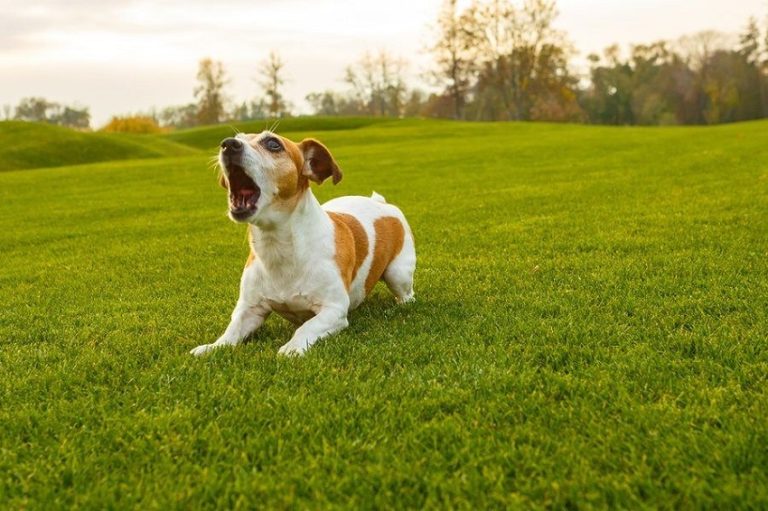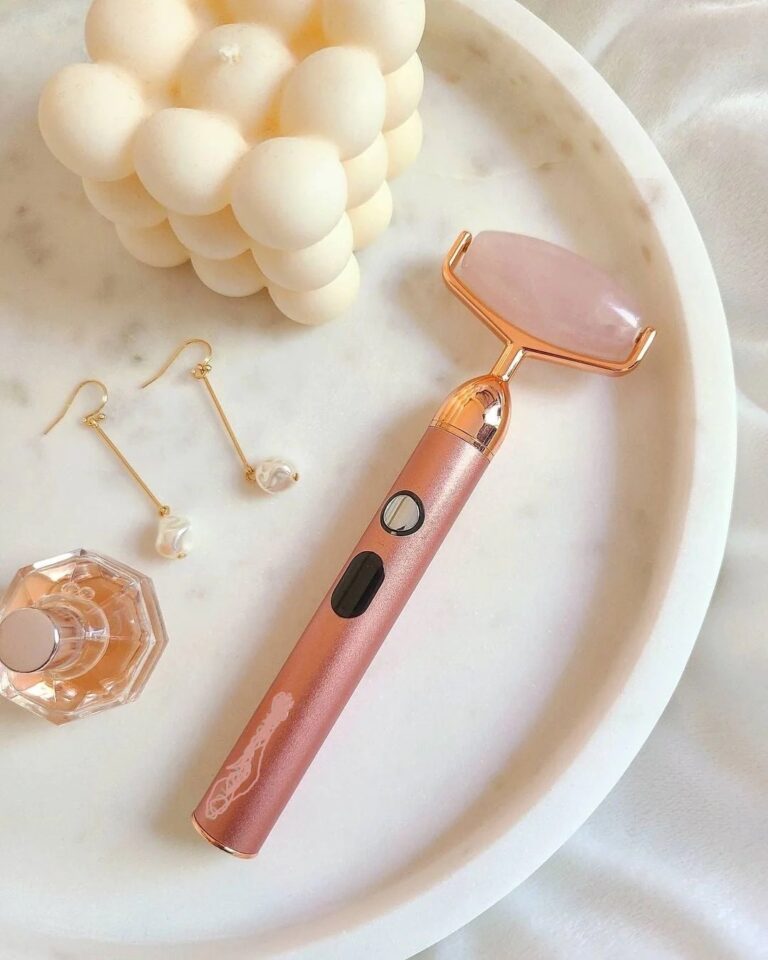For skateboarding beginners, ensure to find the right board size and practice balance and foot positioning. Learn basic riding, turning, and stopping techniques for a solid foundation.
Skateboarding is an exhilarating sport that requires skill and balance. As a beginner, it’s important to start with the right equipment and safety gear. Finding the right skateboard size that suits your height and shoe size is crucial. Learning how to balance on the board and positioning your feet properly will help you maintain stability.
Mastering basic riding techniques such as pushing, turning, and stopping will set the groundwork for your progression in skateboarding, keeping you aligned with current Skateboard Trends. By focusing on these fundamental skills, you can build confidence and improve your abilities on the board. Understanding and practicing these basics are essential steps in becoming a proficient skateboarder and staying up-to-date with the evolving trends and techniques within the skateboarding community.
Choosing The Right Skateboard
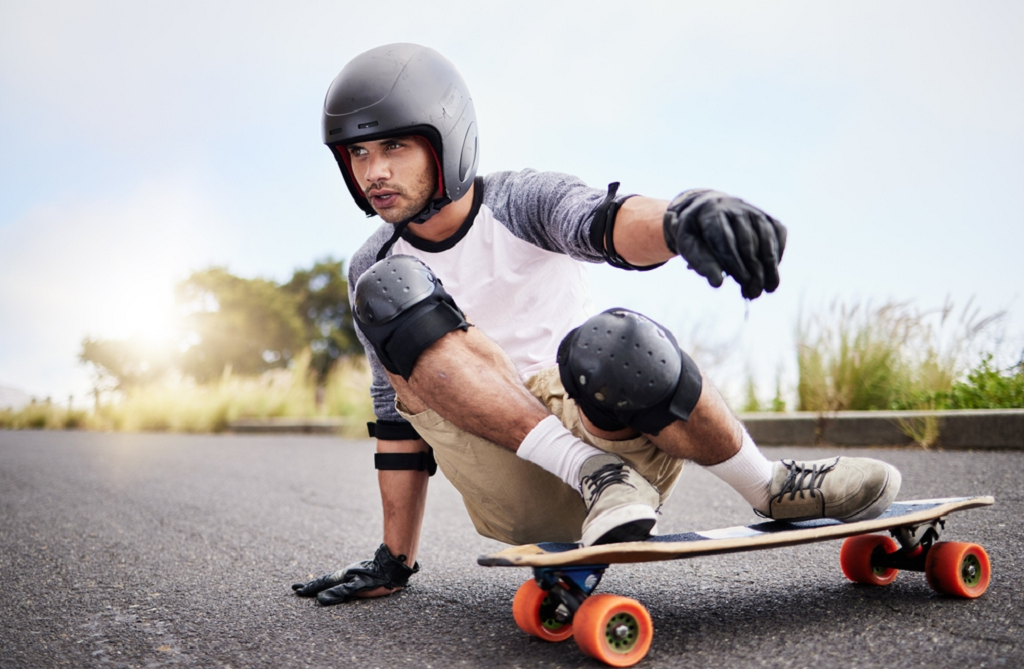
When choosing a skateboard, focus on selecting the right deck first, much like deciding on a snowboard goofy vs regular stance based on your natural preference and style. Consider the size and shape of the deck that best suits your skateboarding style. Next, find proper trucks that match your deck width to ensure stability and control. Lastly, choose wheels based on the type of skateboarding you plan to do, whether it’s street, park, or ramp skating. Experimenting with different setups can help you discover what feels best for you, similar to experimenting with goofy and regular stances in snowboarding to find your comfort zone.
Mastering Basic Techniques
Mastering Basic Techniques:
Start by finding your stance and then focus on learning to balance. Additionally, work on improving your pushing techniques to build your confidence.
Safety First
When skateboarding as a beginner, safety is essential. Make sure to wear protective gear such as a helmet, knee pads, and elbow pads to prevent injuries. Additionally, always be aware of your surroundings and understand skatepark etiquette to ensure a safe and enjoyable experience. Beginners should prioritize safety and proper gear to build confidence and skills on a skateboard.
Progressing Your Skills
When it comes to progressing your skills in skateboarding, it’s important to focus on developing your ollie. The ollie is the foundation of many tricks and mastering it will greatly improve your overall skateboarding abilities. To develop your ollie, start by practicing your foot placement and popping technique. Keep your front foot angled slightly towards the nose of the skateboard and your back foot positioned on the tail.
As you pop the tail down, jump into the air while sliding your front foot up towards the nose. The timing of your movements is crucial for achieving height and control. Once you feel comfortable with your ollie, you can start exploring different types of tricks like kickflips, heelflips, and 180s. Each trick requires its own set of techniques and practice. Remember to stay patient, and consistent, and always prioritize safety as you progress in your skateboarding journey.
Staying Motivated And Having Fun
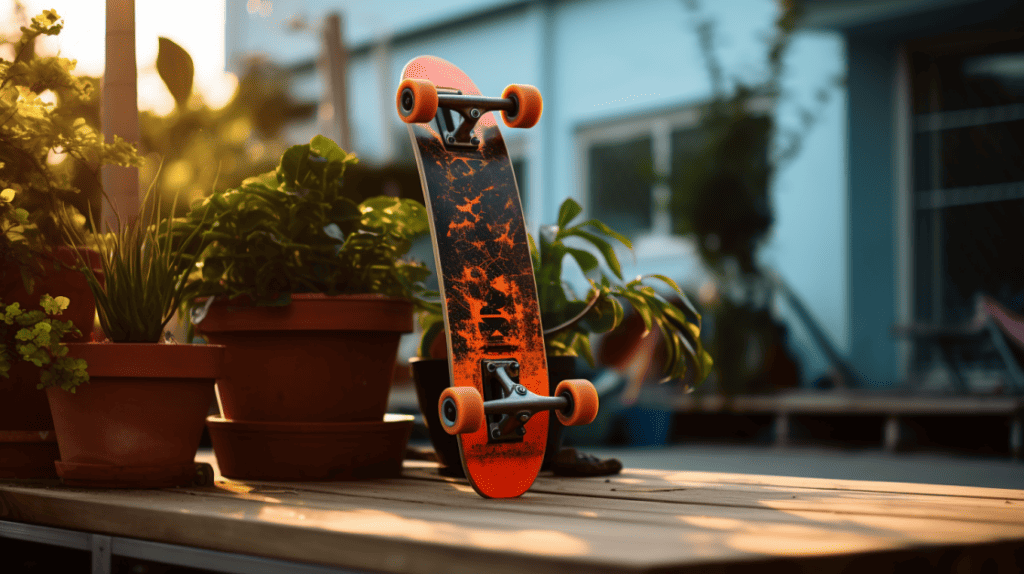
When first starting skateboarding, it’s important to stay motivated and have fun to enhance your learning experience. One way to keep your motivation high is by setting achievable goals. By breaking down your skateboarding journey into small, attainable goals, you can steadily progress and feel a sense of accomplishment along the way. Whether it’s mastering a specific trick or learning a new skateboarding style, setting goals will help you stay focused and motivated.
Another way to keep skateboarding enjoyable is by exploring different skateboarding styles. Skateboarding offers a wide range of styles such as street, vert, and freestyle. Each style has its unique features and challenges, allowing you to discover what suits you best. Trying out different styles not only keeps your skateboarding experience exciting but also helps you develop a diverse set of skills.
Frequently Asked Questions For Best Skateboarding Tips For Beginners
How Do I Choose The Right Skateboard For Beginners?
To choose the right skateboard for beginners, consider the size, width, and shape of the deck, the type of trucks and wheels, and the overall quality of the board. It’s important to find a board that suits your style, skill level, and budget.
What Safety Gear Do I Need When Skateboarding?
When skateboarding, it’s important to wear a helmet, knee pads, elbow pads, and wrist guards to protect yourself from injuries. Additionally, wearing comfortable and durable shoes and clothing can also enhance your safety and performance while skateboarding.
What Are Some Essential Skateboarding Techniques For Beginners?
As a beginner skateboarder, it’s important to start with the basics. Practice balancing, pushing off, and turning smoothly. Get comfortable with riding on different terrains, and gradually learn tricks like ollies, kickflips, and manuals. Remember to practice regularly and be patient with yourself as you progress.
How Can I Improve My Skateboarding Skills?
To improve your skateboarding skills, practice regularly and consistently. Work on your balance, control, and footwork. Watch tutorial videos, join skateboarding communities, and skate with more experienced skaters to learn new tricks and get valuable tips. Don’t forget to embrace the process and have fun along the way.
Conclusion
Now that you have these valuable skateboarding tips, it’s time to hit the street and put them into action. Remember to practice, stay patient, and most importantly, Explore Why is skateboarding good for you?
have fun! With determination and dedication, you’ll soon be cruising and nailing those tricks like a pro.
Get out there and skate!

